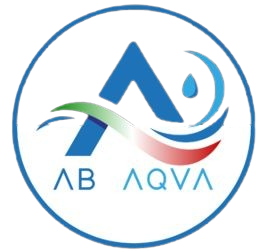Turkish Hydro-Diplomacy in the Horn of Africa. The Case of Djibouti
Filippo Verre - January 16, 2022
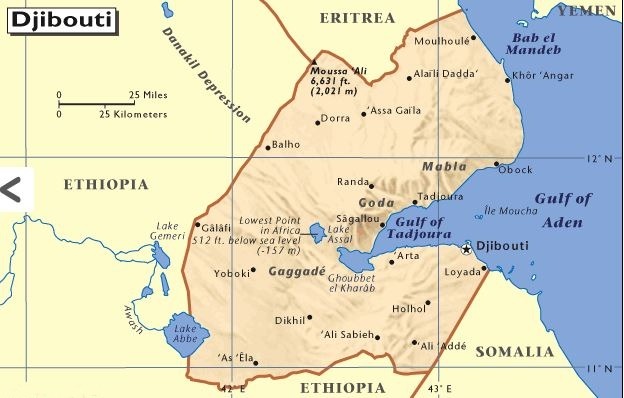

* L’immagine di copertina di questo paper è stata presa dal sito Pinterest, consultabile al seguente link: https://ar.pinterest.com/pin/285978645066053409/
Over the last decade, Turkey has significantly increased its presence in many areas outside its borders. Ankara's activism in foreign policy has been, and still is, significant to say the least; by virtue of this, some experts and analysts often define the strategy undertaken by Turkey aimed at increasing its geopolitical role outside its national borders as neo-Ottoman [1]. The Horn of Africa is one of the main scenarios in which Turkish diplomacy operates most actively. It is one of the most strategic areas not only for the African continent but above all in a global perspective. The presence of the Suez Canal makes the Red Sea, and consequently also the countries bordering it, extremely relevant in a geo-strategic key. It is no coincidence that Djibouti, one of the smallest African states in terms of territory and demographics, is considered of extreme value by the main global players. Despite having a moderate extension (about 23,000 square kilometers) and a population that is modest to say the least (according to the latest data, Djibouti does not reach one million inhabitants), this small African nation plays a leading role in continental geopolitics. What matters most is its geographical position. Djibouti overlooks the Strait of Bab el-Mandeb, the sea arm that controls the southern access to the Suez Canal and which is today the fourth largest maritime route in the world, with about 30,000 ships passing through it every year. All this confirms the great importance of hydro-geopolitics in today's international relations.
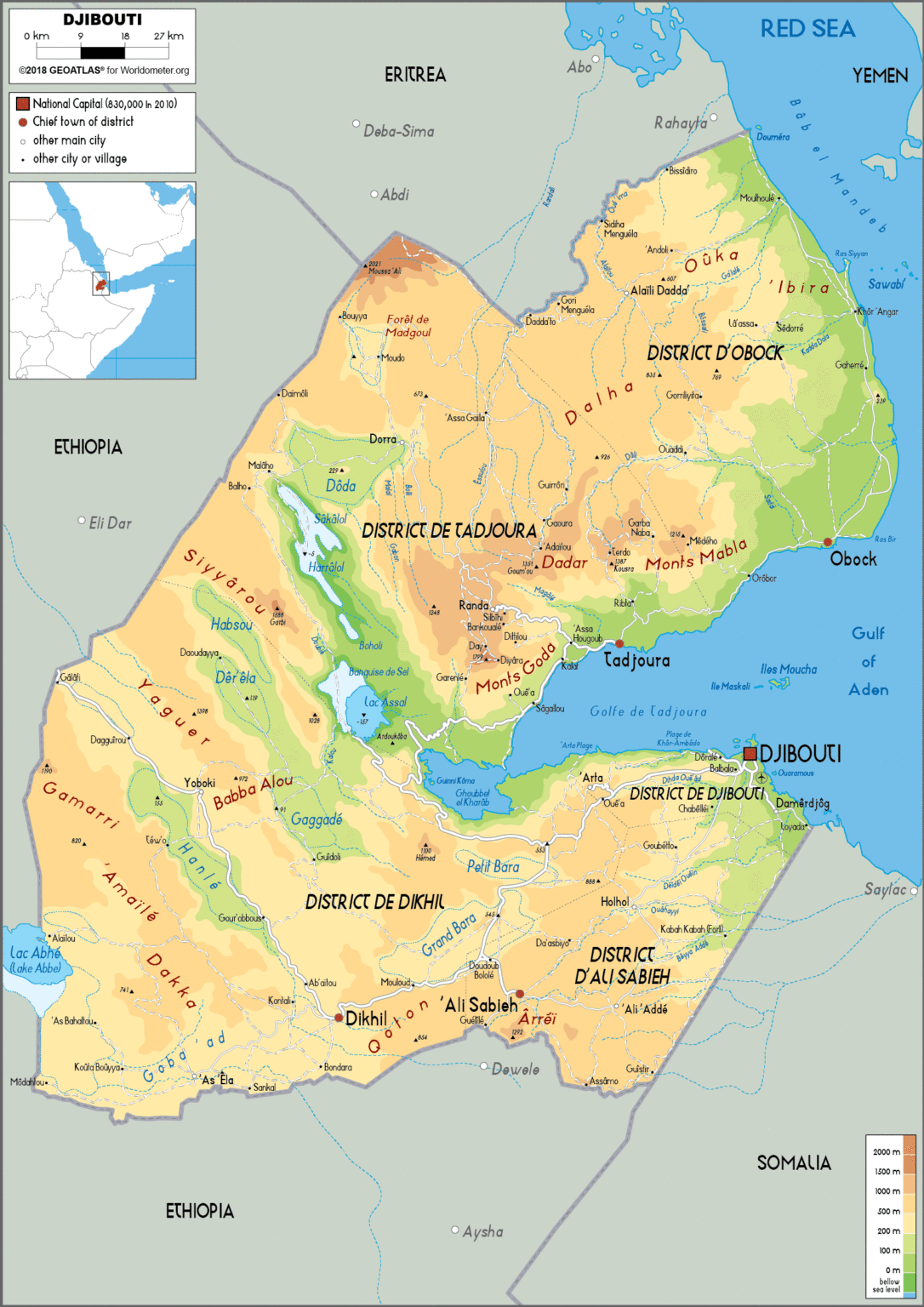

Fig. 1: Gibuti nel dettaglio geografico
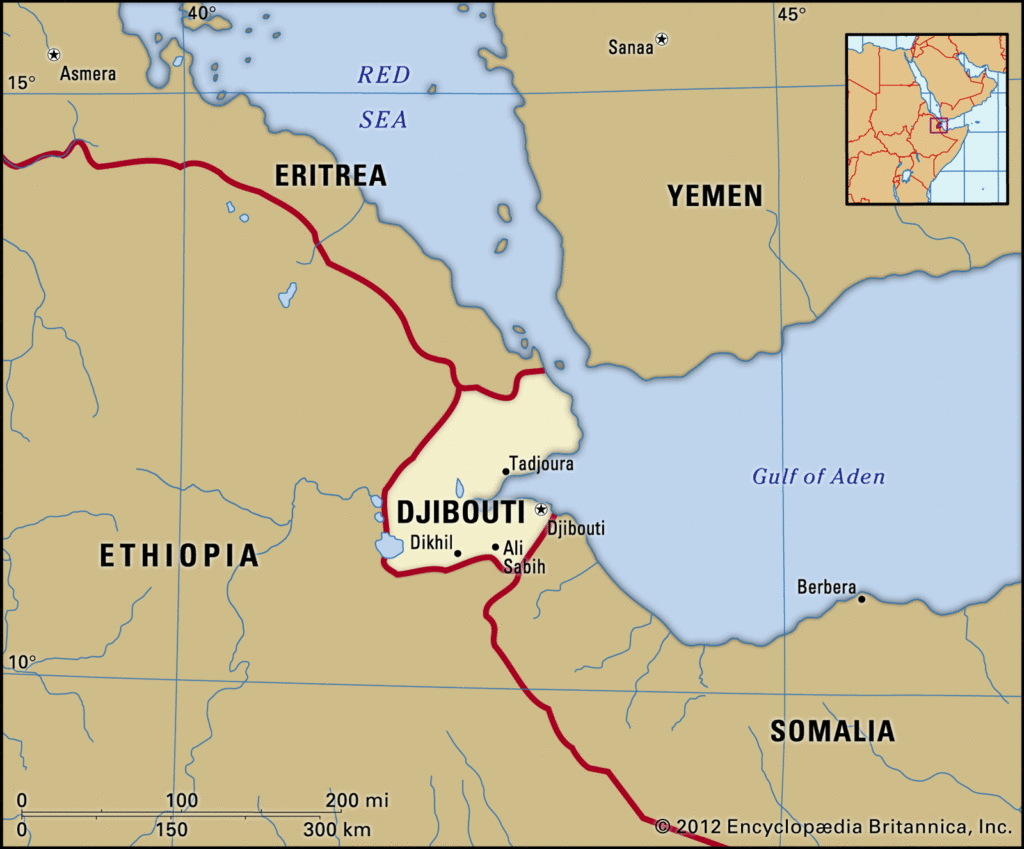

Fig. 2: Collocazione geografica di Gibuti nel Corno d’Africa
Therefore, precisely because of its geographical position, Djibouti plays a strategic role of great importance. As evidence of this, consider the large number of foreign military bases present on the national territory of the small state overlooking the Gulf of Aden. Countries such as France, Japan and China [2] are present in force with important logistical structures. The indisputable strategic value of Djibouti is also demonstrated by the presence of the only American military base in Africa: Camp Lemonnier. Initially designed to host the French contingent of the Légion étrangère, the base became operational under US control starting in 2002. Not far from Camp Lemonnier there is also the Italian base named after Amedeo Guillet. This is a structure that offers important logistical support for Italian missions in the Horn of Africa and the Indian Ocean.
Turkish involvement in the Horn of Africa
Djibouti's key position has aroused the interest of many other nations eager to acquire greater geopolitical status in the international context. This is the case of Saudi Arabia, a growing regional power that plans to open a base on Djiboutian territory, and Turkey, a Middle Eastern player that has always been interested in this part of the world. The Horn of Africa has historically exercised a strong hold on Turkish strategists, both recently and during the Ottoman Empire. In this regard, one should keep in mind the great value that the Ottoman sultans attributed to this geographical area. Specifically, the year 1538 marked the beginning of the great naval expeditions launched by Suleiman the Magnificent (1494-1566) against the Portuguese in the Indian Ocean. To achieve this, the sultan relied on Özdemir Pasha, a Mamluk officer, who, upon his death in 1561, had conquered, under the orders of the governor of Egypt Hadim Suleiman Pasha, both banks of the Strait of Bab el-Mandeb, which connects the Red Sea to the Gulf of Aden [3]. In the 16th century, or during the period of maximum splendor of the Sublime Porte, the Grand Vizier Sokollu Mehmed Pasha imagined the visionary, but at the time impracticable, project of building a canal between the Mediterranean and the Red Sea to facilitate the passage of Ottoman ships in the Indian Ocean. This idea was developed three centuries before the actual construction of the Suez Canal; this testifies to how much the Ottoman intelligentsia cared about the control of the Horn of Africa.
Turkish interest in this geographical area is still present today, especially with regard to Habesh, an ancient Ottoman province roughly belonging to the current states of Eritrea and Somalia. Ankara’s activism has re-emerged vigorously in the last ten years, when Recep Tayyip Erdoğan and, even more so, Ahmet Davutoglu (Turkish Foreign Minister from 2009 to 2014), placed the Horn of Africa at the center of Turkish geopolitical strategies. Davutoglu was the advocate of the so-called stratejik derinlik (strategic depth), a diplomatic strategy that supported the need for Turkey to establish a new economic and social order, not only in the Mediterranean basin and the Middle East, but also throughout the Muslim world. In Somalia, Turkey is present at both a cultural and economic level. From the first point of view, various programs have been organized aimed at integrating Somali youth into the socio-cultural fabric of Ankara. As a result, many Somali students have gone to Turkey to study through a state-funded scholarship program. The Turkish government has also supported the creation of social services, schools, and hospitals, including the new Recep Tayyip Erdoğan Hospital in Mogadishu. Economic relations between the two countries are also very close. According to some pre-pandemic sources, Turkey paid out around $1 billion in aid between 2011 and 2017, while bilateral trade exceeded $180 million in 2018 alone [4]. Turkish companies such as Albayrak and Favorite have been awarded the management of Mogadishu’s port and airport, respectively, strategic infrastructures that testify to Ankara’s strong presence in Somalia. In January 2020, the Turkish president sealed the strong closeness between the two countries by stating that Somalia had invited Turkey to conduct oil exploration off its coast, which extends along the Indian Ocean and the Gulf of Aden [5].
Ankara also exerts considerable influence in Eritrea. Turkey was one of the first countries to recognize the country in 1993; since then, relations between the two nations have been fruitful and long-lasting. Turkey's financial commitment to Asmara's economy is much smaller than that analyzed above in Somalia. In 2016, Turkey exported goods for a fairly modest value, just over 15
The role of “hydro-diplomacy” in relations between Turkey and Djibouti
If Somalia and Eritrea are considered important nations in a geopolitical sense, Djibouti is the true “precious gem” that Ankara is targeting to increase its role in the Horn of Africa. On a cultural level, relations between these two countries are very close, especially following the construction of the “Abdulhamid Han II” mosque. The Turks financed the construction of this large religious infrastructure (the largest in the country), capable of hosting up to 6,000 people, with a typically Ottoman architectural style that evokes, not too subtly, the past of Turkish domination. In addition, it is worth noting the strong activism of TIKA (Türk İşbirliği ve Koordinasyon İdaresi Başkanlığı) [6], the Turkish Cooperation and Coordination Agency that has exponentially increased the presence of Ankara's culture, society and economy in the small African state. Founded in 1992 with the primary task of supporting Turkish entrepreneurship abroad and helping the economies of developing countries, this agency has been actively operating in Djibouti since 2018 following the opening of various offices. Among the tasks carried out by TIKA, the promotion of Turkey's image abroad is noteworthy. As a result, many young Djiboutians have had access to scholarships that have allowed them to continue their university careers in Türkiye.


Fig. 3: Logo della TIKA (Türk İşbirliği ve Koordinasyon İdaresi Başkanlığı)
Both religiously and culturally, the Turkish presence in Djibouti can be considered significant. However, the real ace in the hole that has allowed Turkey to become a reliable partner in the eyes of Djiboutian rulers concerns the so-called “hydro-diplomacy”. Water, or rather water management, is a serious problem for Djibouti, which suffers cyclically both from severe droughts and from significant environmental damage due to floods. Periods of drought occur very frequently, mostly due to the arid nature of its soil. To get an idea, consider that the State is often forced to import much of the agricultural products necessary for its sustenance from neighboring Ethiopia, one of the richest African states in terms of water resources. In addition, floods are reported in the southern part of the country, near Ambouli, the city where Djibouti's international airport is located. Since its construction in 1948, the airport has experienced various problems related to flooding, which have often been responsible for suspensions of air traffic and extensive damages due to repairs.
Aware of the numerous difficulties experienced by Djibouti over time precisely because of the management of water resources, the Turks have sought a valid solution that would put an end to the long-standing problems related to drought and floods. The solution devised by Ankara was based on the construction of a large dam that would regulate the flow of waterways near the international airport. This is the Ambouli Friendship Dam, a large dam built specifically to prevent flooding and provide sufficient water resources for local agriculture. The volume of the dam's reserves is 14 million cubic meters of water and 100% of the cost is covered entirely by the Turkish government, which has entrusted the construction of the project to the State Hydraulic Works (DSİ), a state-owned company specialized in the construction of water systems. In addition to regulating flows to prevent floods and creating an artificial reservoir capable of guaranteeing important resources in the event of drought, the dam has created hundreds of jobs, thus making a significant contribution also from an employment point of view.
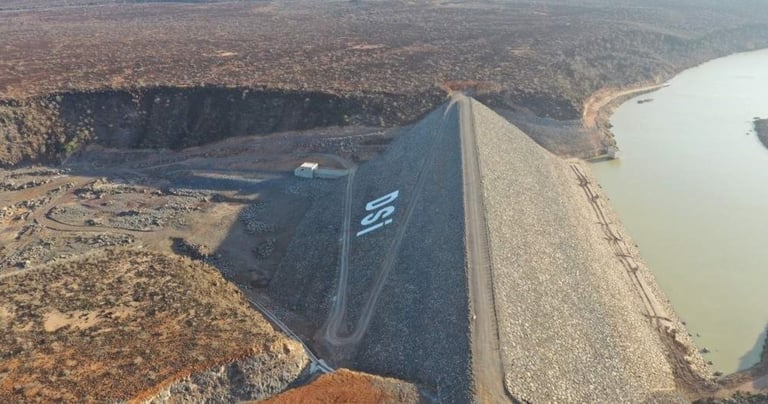

Fig. 4: Veduta aerea dell’Ambouli Friendship Dam
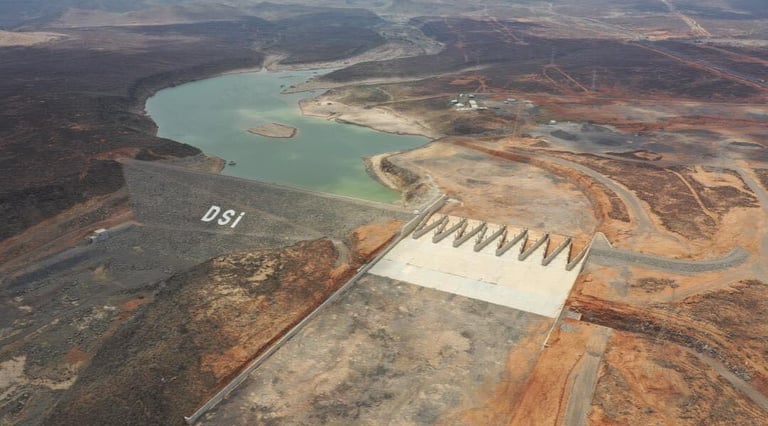

Fig. 5: Lavori di costruzione dell’Ambouli Friendship Dam
In December 2019, Ahmed Mohamed Awaleh, Minister of Agriculture, Water and Marine Resources of Djibouti, expressed to the Anadolu Agency (AA) great appreciation towards Turkey for having shouldered the total costs of the project and for having built a key infrastructure for the life and economy of many Djiboutian families [7]. In fact, on closer inspection, the regularization of water flows represents a great achievement for the small African state. The dam built by Ankara's engineers has allowed Djibouti to limit serious problems in terms of water supply and to avoid the frequent floods mentioned above. As mentioned, Turkey does not (yet) have a military base in this small and strategic African nation. However, following the great diplomatic activism carried out in recent years in the Horn of Africa in general and in Djibouti in particular, it can be considered that Ankara exercises significant influence throughout the region. Historical ties, cultural closeness due to common Islamic roots and public policies implemented by TIKA have undoubtedly increased the role played by Turkey in these lands. However, thanks to the construction of the Ambouli Friendship Dam, Turkey has sealed a very close bond with Djibouti without having to establish a military base within its national borders. Hydro-diplomacy, a foreign policy strategy that will increasingly be at the centre of international relations in the coming years, has allowed the Turks to increase their role in one of the most strategic states of the entire African continent [8].
________________________________________________________________________________________________________________________________________________________________
[1] Per ulteriori dettagli sulla vicenda si rimanda ad uno studio già pubblicato sul nostro sito, disponibile al seguente link: https://abaqua.it/la-turchia-e-la-diplomazia-dellacqua/.
[2] Per comprendere a fondo l’importanza di Gibuti nello scacchiere internazionale si tenga presente che la Cina, divenuta recentemente attore geopolitico di primissimo livello, ha inaugurato nel 2017 la sua prima base militare all’estero proprio in questo piccolo Paese del Corno d’Africa.
[3] Per ulteriori dettagli sulla questione in oggetto si rimanda a Giuseppe Gagliano, Ecco come la Turchia si espande nel Corno d’Africa, in «Start Magazine», Novembre 2020. L’articolo è disponibile al seguente link: https://www.startmag.it/mondo/ecco-come-la-turchia-si-espande-nel-corno-dafrica/.
[4] Per maggiori approfondimenti si rimanda agli articoli di Ibrahim Mukhtar, Turkey’s growing smart power in Somalia, Agosto 2021 (disponibile al seguente link https://www.aa.com.tr/en/asia-pacific/opinion-turkey-s-growing-smart-power-in-somalia/2340384) e Daily Sabah, 10 years of Turkey, Somalia friendship furthers tangible progress, Agosto 2021,(disponibile al seguente link https://www.dailysabah.com/politics/diplomacy/10-years-of-turkey-somalia-friendship-furthers-tangible-progress).
[5] La presenza turca in quell’area non sarà certo priva di conseguenze, in quanto i campi petroliferi in questione si trovano in un’area marittima di circa 10.000 chilometri quadrati, attualmente contesa da stati confinanti come il Kenya. Questa spinosa controversia è attualmente all’esame della Corte internazionale di giustizia. Cfr Gagliano, https://www.startmag.it/mondo/ecco-come-la-turchia-si-espande-nel-corno-dafrica/.
[6] Tra i vari ruoli di questa importante agenzia si segnalano: 1) Assistenza nello sviluppo dei Paesi e delle comunità turche. 2) Sviluppo della cooperazione economica, commerciale, tecnica, sociale, culturale ed educativa tra i Paesi e le comunità turche. 3) Sostegno a progetti e attività sociali e culturali volti a preservare il patrimonio e i valori culturali e sociali comuni tra i Paesi e le comunità turche. 4) Erogazione di borse di studio e assistenza a funzionari pubblici e altri individui stranieri per l’istruzione e la formazione in Turchia. 5) Assistenza tecnica e aiuti umanitari per promuovere la Turchia nel mondo.
[7] Per ulteriori dettagli sulla vicenda si rimanda a Daily Sabah, Dam built by Turkey helps Djibouti fight floods https://www.dailysabah.com/turkey/2019/12/02/dam-built-by-turkey-helps-djibouti-fight-floods.
[8] La Turchia utilizza molto l’idro-diplomazia come strumento per accrescere la propria influenza nel contesto internazionale. Per ulteriori dettagli si rimanda alle relazioni “idro-diplomatiche tra Turchi e Ciprioti, uno studio che abbiamo già pubblicato sul nostro sito. È disponibile al seguente link: https://abaqua.it/la-turchia-e-la-diplomazia-dellacqua/.
Abaqua
Via Cassia, 615
00189 Roma (RM)
© 2024. All rights reserved.
Codice Fiscale: 96584590580
